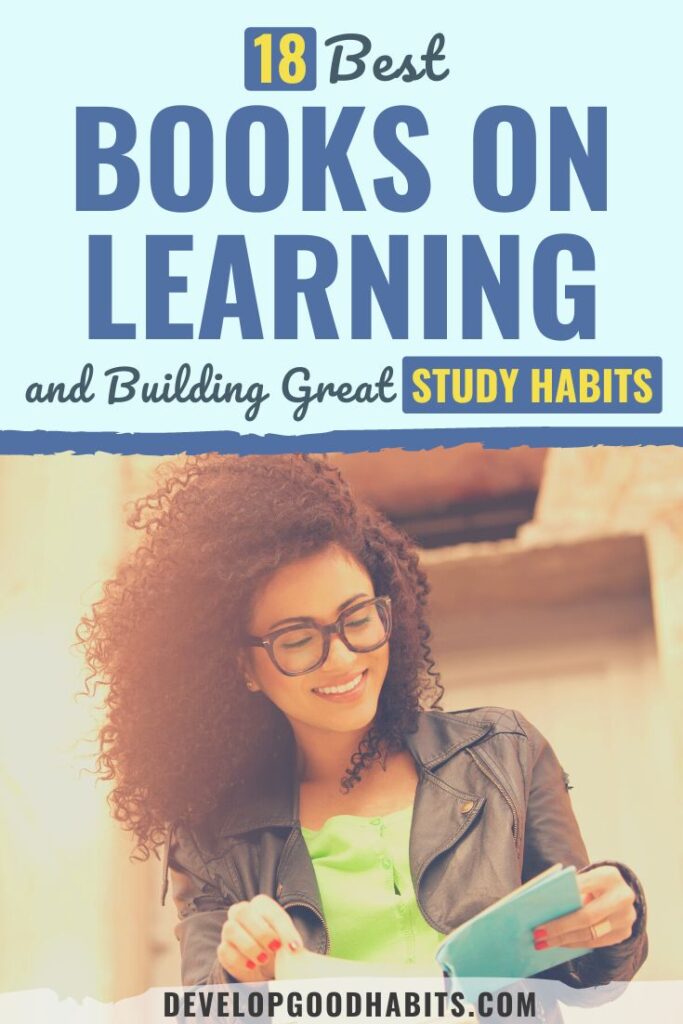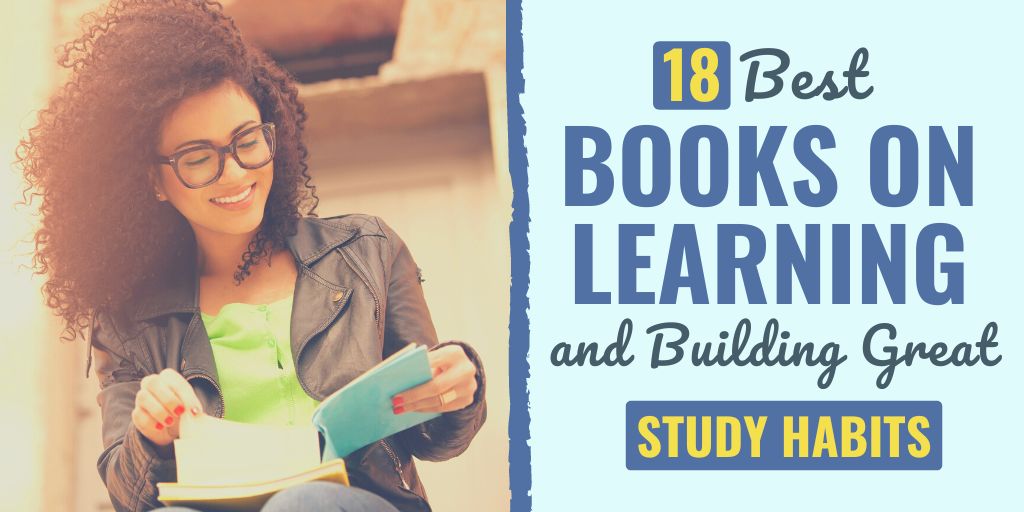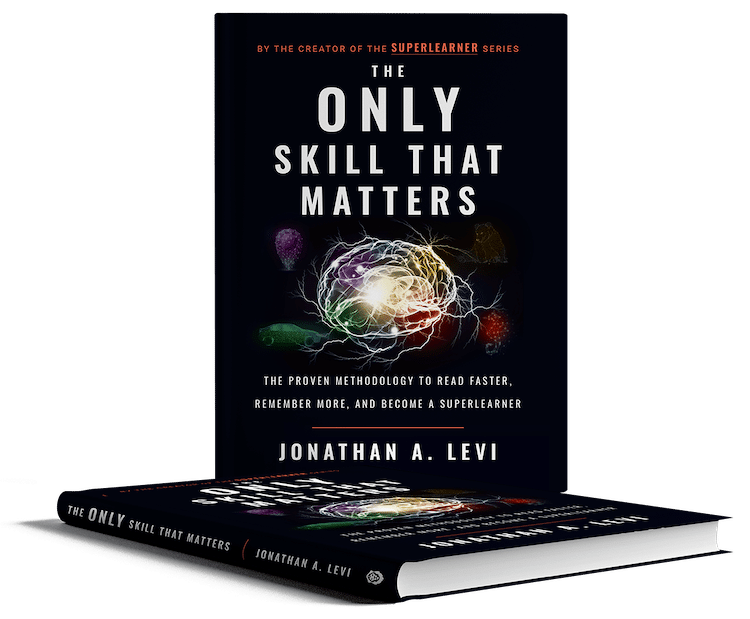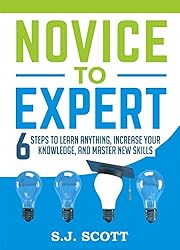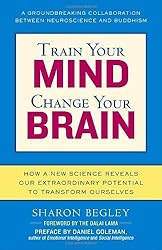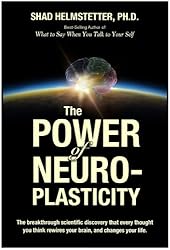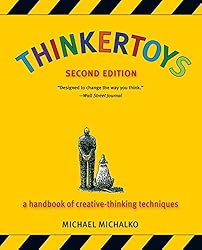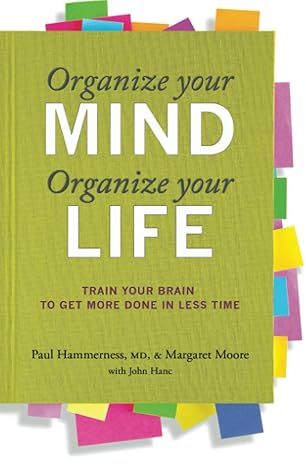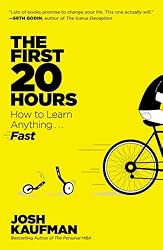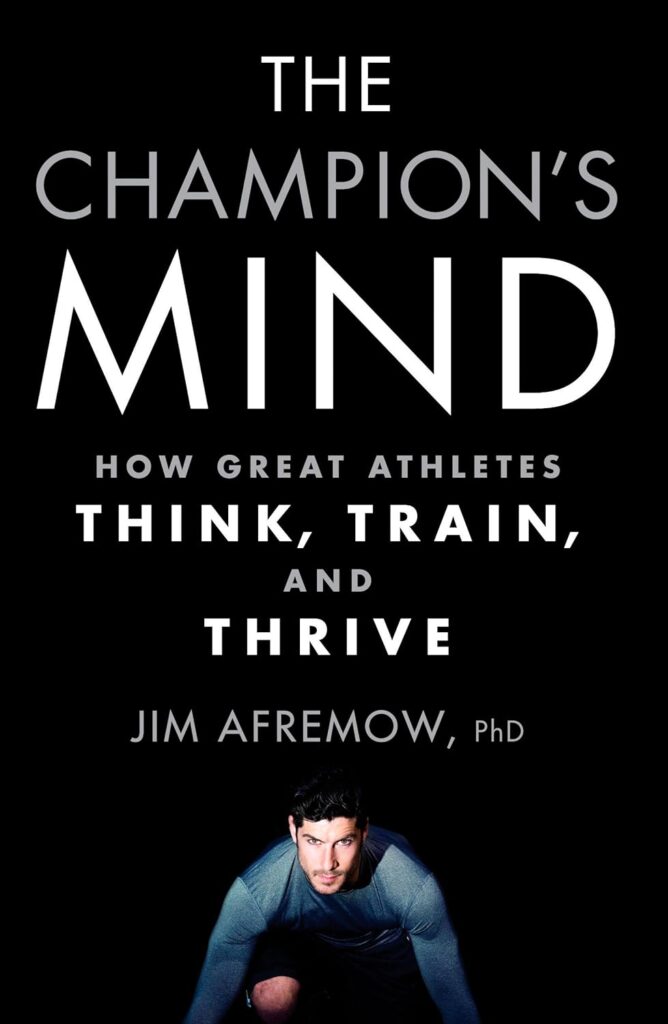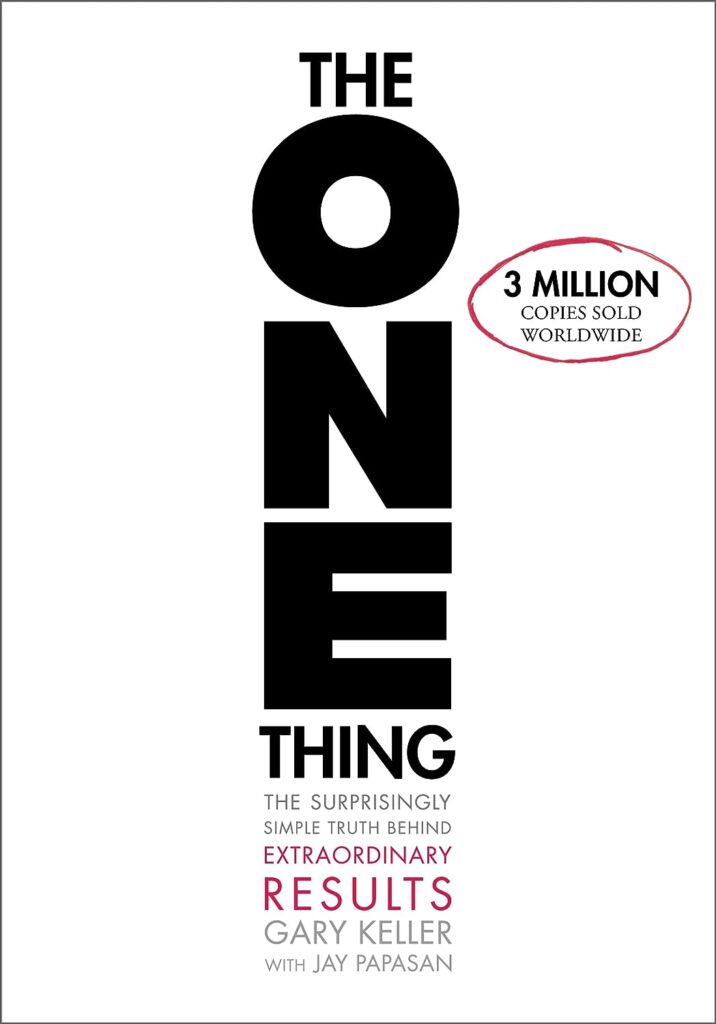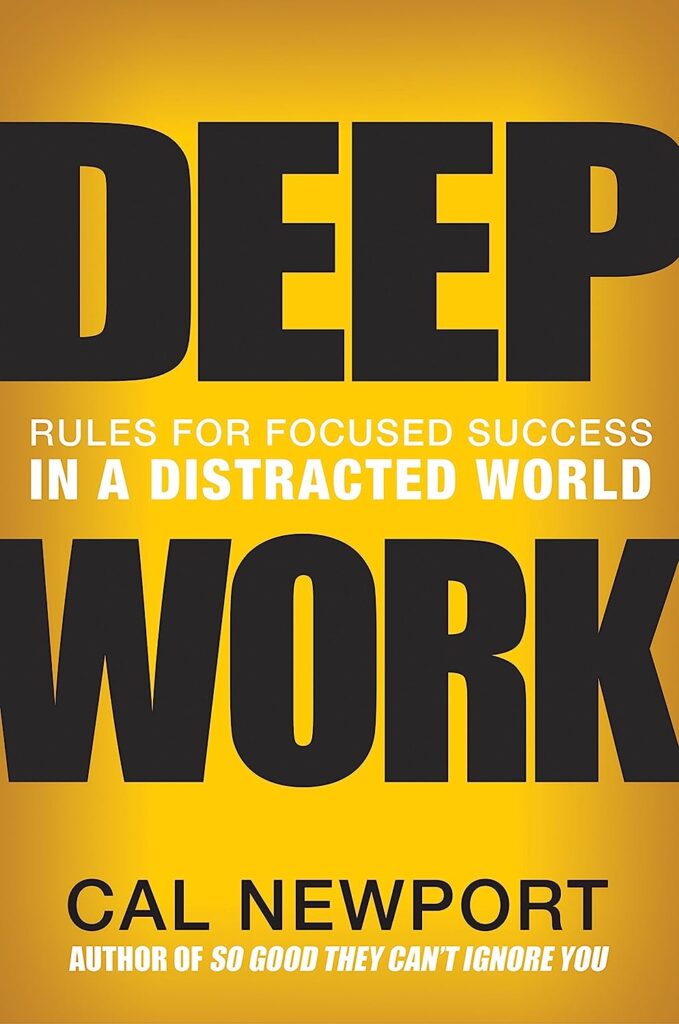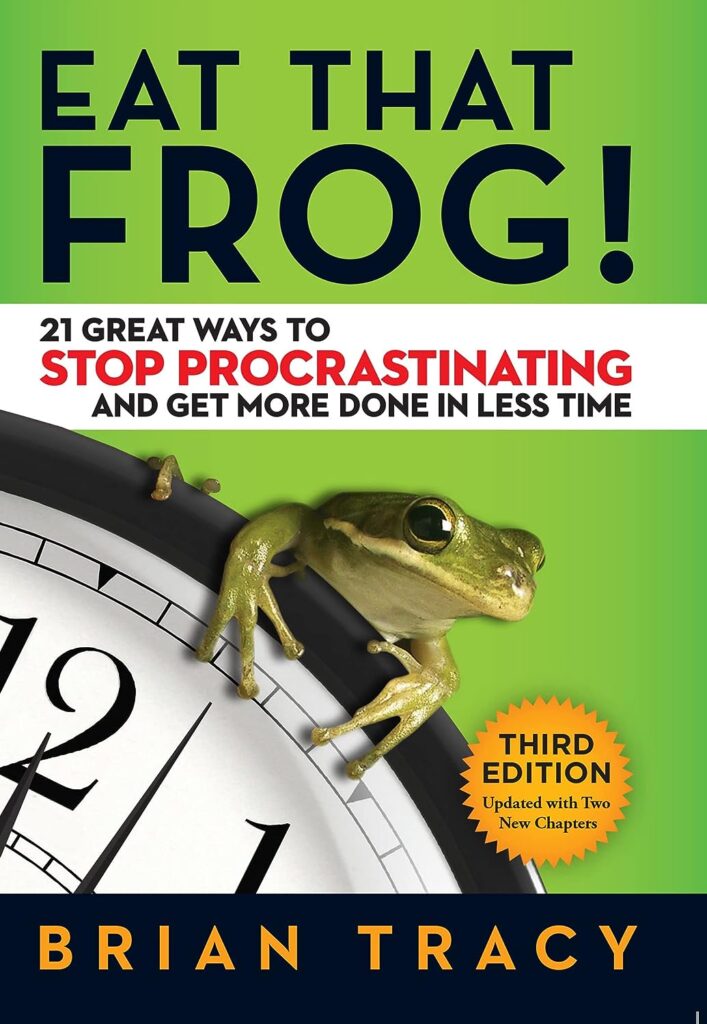Books about learning are something special. Not only do they give us knowledge, the meta concept of how to learn to learn. Once you discover these concepts, they will make all future knowledge become a little bit easier to grasp.
Learning, after all, is not something we do from first grade until we graduate from college. Learning is something that is done for life.
The days when you could simply go to college and learn everything you need to know, and the quit learning, are long in the past. If those days EVER truly existed.
These days if you want to stay ahead or just stay competitive, you need to constantly learn new things. That is why these learning books for adults are just as important as the grade school or college education you may have received many years in the past.
Sidenote: If you're attending university right now, setting the right goals matter. Check out our post about SMART goal examples for college students.
In this article, we profile 18 books that will help you learn better and create study habits that will help you permanently retain this information.
Let's get to it…
18 Books on Learning and Improving Your Study Habits
1. The Only Skill That Matters by Jonathan A. Levi
Takeaways:
- The book emphasizes the importance of meta-learning, which involves mastering the skill of learning itself to adapt and thrive in a rapidly changing world.
- Levi advocates for a holistic approach to learning, incorporating mindset, memory techniques, and speed reading to enhance cognitive abilities.
- The author highlights the significance of continuous learning and personal growth, promoting the idea that learning is a lifelong skill that can lead to success and fulfillment.
- The book offers practical strategies for optimizing learning, memory retention, and information processing, enabling readers to become more efficient and effective learners.
- Levi encourages readers to embrace a growth mindset and adopt a proactive approach to self-improvement, empowering them to navigate challenges and achieve their full potential.
The sheer amount of information bombarding us every day is overwhelming. How do we stay on top of everything in order to keep our jobs or adapt to the new demands of modern life?
The Only Skill That Matters equips you with what you need to take on the challenges of the future – whether in your professional or personal life. And it’s offered for free. All you need to pay for is shipping and handling.
In the book, Jonathan Levi shares an approach that promises to help you become a super learner. This approach is anchored in neuroscience. Athletes and top performers have used the techniques to propel them to success.
Within the pages, you’ll learn the techniques for reading faster and improving your ability to recall information.
People who have already read this book call it a game changer. If you’re ready to unlock your potential greatness, get the free book.
2. Accelerated Learning Techniques for Students by Joe McCullough
Takeaways:
- The book provides practical strategies for students to enhance their learning abilities and improve academic performance.
- McCullough emphasizes the importance of effective study habits, time management, and memory techniques to optimize learning outcomes.
- The author introduces accelerated learning methods such as speed reading, mnemonic devices, and mind mapping to help students absorb and retain information more efficiently.
- The book promotes a growth mindset and encourages students to take an active role in their learning process, fostering a sense of empowerment and self-improvement.
- McCullough offers guidance on overcoming common learning obstacles and provides tools for students to develop a personalized approach to learning that aligns with their individual strengths and preferences.
Accelerated Learning Techniques for Students: Learn More in Less Time! unlocks the secrets of efficient learning techniques that allow students to master any subject or skill.
The book promises to help you learn more in less time, and it does so by providing actionable tips for processing new information, communicating more effectively, remembering lessons, becoming proficient at a skill, and more.
(Sidenote: If you're having trouble remembering the material, then The Feynman Technique can help you solve this issue.)
McCullough shares with readers several ways of enhancing thinking skills, while also equipping them with efficient learning strategies. Specifically, this book will help you:
The book helps you understand the different types of brainwaves humans have. It also teaches you how to reach the alpha state that McCullough theorizes is the best state of consciousness for learning something new.
McCullough provides practical information to help students improve their learning techniques. Moreover, the theories presented make this book useful for educators, school administrators, or anyone who is involved in education.
3. Make It Stick! by Peter C. Brown, Henry L. Roediger III, and Mark A. MacDaniel
Takeaways:
- The book explores the science of effective learning and memory retention, debunking common misconceptions about learning strategies.
- Brown, Roediger, and McDaniel emphasize the benefits of active learning, retrieval practice, and spaced repetition in promoting long-term retention and understanding.
- The authors highlight the significance of embracing difficulty and making learning effortful, as this enhances memory consolidation and promotes durable learning.
- Make It Stick advocates for the use of interleaving and varied practice to reinforce learning and prevent forgetting, providing practical insights into optimizing study techniques.
- The book challenges traditional study methods and offers evidence-based approaches to learning that can benefit students, educators, and lifelong learners.
Make It Stick: The Science of Successful Learning presents the most recent research on learning. The premise is that learning is a skill that all of us can acquire. The book counters our long-held notions about the learning techniques we commonly use in academia.
Two of the authors are cognitive scientists who have spent most of their careers studying how people learn and how memory works. Meanwhile, Peter C. Brown is a writer by trade. The three teamed up to give readers a book that’s filled with examples in story form to get their point across.
Through this book, readers will learn several concrete learning strategies for retaining what you’ve studied. These include:
This book is ideal for life-long learners, those working in the field of education, coaches, and trainers.
4. Novice to Expert by Steve Scott
Takeaways:
- Novice to Expert emphasizes the importance of deliberate practice and continuous learning in achieving mastery in any field or skill.
- Scott discusses the concept of the “expert gap” and provides insights into bridging this divide through focused, intentional practice and skill development.
- The book encourages individuals to embrace a growth mindset and persist through challenges, highlighting the role of perseverance and dedication in the journey from novice to expert.
- Scott offers practical strategies for setting and achieving learning goals, emphasizing the value of feedback, reflection, and refinement in the pursuit of expertise.
- Novice to Expert provides a roadmap for skill acquisition and mastery, empowering readers to cultivate expertise through consistent, purposeful effort and dedication.
The main goal of this book is to help you master a skill that will help you tap into your passion, know yourself more, meet individuals who share the same interests as you do, and share what you’ve learned with other people.
Novice to Expert: 6 Steps to Learn Anything, Increase Your Knowledge, and Master New Skills outlines six steps you need in order to achieve mastery in just about anything. These steps are:
The book is an ideal resource for students who are mastering the skill of self-directed learning, clearing the path on what needs to be done to learn something new. It is also great for those who need a guide on how to increase their productivity and to develop good habits at work.
5. Learn to Read with Great Speed by Michal Stawicki
Takeaways:
- The book offers practical techniques and exercises to help readers improve their reading speed and comprehension.
- Stawicki emphasizes the importance of eliminating subvocalization and other reading barriers to increase reading speed.
- Learn to Read with Great Speed provides strategies for developing efficient eye movement and expanding peripheral vision to enhance reading speed and efficiency.
- The author advocates for the use of visualization and other cognitive techniques to process information more rapidly while maintaining comprehension.
- The book aims to empower readers with the skills and mindset to read faster and absorb information more effectively, ultimately improving overall productivity and knowledge acquisition.
If you’re looking for a straightforward book on speed reading, you might want to check out Learn to Read with Great Speed: How to Take Your Reading Skills to the Next Level and Beyond in only 10 Minutes a Day.
Although it is a thin volume, it gets straight to the point and delivers what you expect: helpful tips and strategies to help you become a speed reader. (Also, if you are interested in this subject, here are 9 steps that can help you read faster.)
Stawicki provides concrete examples of how to apply speed-reading strategies, as well as exercises to sharpen your newfound skill. Results are immediately apparent after doing the exercises, so you are always aware of your progress.
This book also presents the possible challenges you’ll encounter when speed reading, as well as the best techniques to overcome them. You need to commit just 10 minutes of your time each day to become a master at speed reading.
The book is ideal for those who are studying, or those whose careers require them to do a lot of reading. (And even if you're not a “reader,” here are 17 benefits of building the reading habit.)
Side Note: We've reviewed the best speed reading apps that can help you retain more information and the best speed reading books that can help you learn more.
6. The Learning Habit by Stephanie Donaldson-Pressman, Rebecca Jackson, and Robert Pressman
Takeaways:
- The Learning Habit delves into the science of learning and provides insights into cultivating effective study habits and motivation in children.
- The authors emphasize the role of parental involvement and support in fostering a love for learning and developing strong study skills in children.
- The book offers practical strategies for creating a conducive learning environment at home and promoting a growth mindset in children.
- Donaldson-Pressman, Jackson, and Pressman highlight the importance of instilling intrinsic motivation and resilience in children to enhance their learning habits.
- The Learning Habit provides evidence-based approaches to nurturing lifelong learning skills and fostering a positive attitude towards education in children.
The Learning Habit: A Groundbreaking Approach to Homework and Parenting that Helps Our Children Succeed in School and Life is valuable for parents who need a guide on how to support their kids as they navigate through life in a society full of new challenges that past generations didn’t have to deal with.
The authors offer sound strategies for helping kids succeed in life, but the book requires the parents to fully commit to the suggested activities in order to get the maximum benefit.
In this book, “screen time,” the all-too-common cause of contention in many families, is discussed, in addition to a solution that can help keep the peace at home.
Furthermore, the authors provide research-backed methods to help kids learn eight crucial skills that will serve them well later in life, including time management, goal setting, increasing your focus, and making better decisions.
7. Train Your Mind, Change Your Brain by Sharon Begley
Takeaways:
- Train Your Mind, Change Your Brain explores the concept of neuroplasticity and how the brain can rewire itself through mental training and mindfulness practices.
- Begley discusses the transformative power of meditation and mindfulness in reshaping the brain's structure and function, leading to positive behavioral and emotional changes.
- The book highlights groundbreaking research on the brain's ability to adapt and change throughout life, offering hope for individuals seeking personal growth and mental well-being.
- Train Your Mind, Change Your Brain provides insights into the potential for cognitive and emotional transformation through intentional mental exercises and mindfulness techniques.
- Begley's work sheds light on the profound implications of neuroplasticity, offering a compelling perspective on the brain's capacity for change and adaptation.
We are never too old to learn something new. And in Train Your Mind, Change Your Brain: How a New Science Reveals Our Extraordinary Potential to Transform Ourselves, you’ll find fascinating bits of information about the brain’s neuroplasticity.
The premise of the book is that our brains are capable of healing themselves after trauma, breaking cycles of some mental disorders, generating new neurons well into our old age, and compensating when we have disabilities.
It shares the story of how researchers have uncovered the brain’s amazing capacity for neuroplasticity and neurogenesis (the ability to grow new neurons).
The scientific content of the book is supplemented with discussions with the Dalai Lama, providing the readers with a new viewpoint about how meditation can change the way the mind functions.
The book provides a new way of understanding how our brains work. It also offers a ray of hope that healing is possible for those who suffered from trauma, stroke, and mental disorders.
8. Thinking, Fast and Slow by Daniel Kahneman
Takeaways:
- The book introduces the concept of two systems of thinking: System 1, which is fast, intuitive, and prone to biases, and System 2, which is slower, deliberate, and analytical.
- Kahneman explores the cognitive biases and heuristics that influence decision-making and judgment, shedding light on the limitations of human rationality.
- Thinking, Fast and Slow delves into prospect theory and the impact of loss aversion on decision-making, providing insights into how individuals evaluate and respond to risks and rewards.
- The author discusses the influence of anchoring, availability, and representativeness heuristics on perception and decision-making, offering a comprehensive analysis of human cognitive processes.
- The book challenges traditional views of human rationality and decision-making, providing a compelling framework for understanding the complexities of the mind and the factors that shape our judgments and choices.
This award-winning book, Thinking, Fast and Slow, takes readers on a tour of the mind and introduces them to two systems that are at work when the brain is engaged in the thought process.
System 1 and system 2 function differently. System 1 is intuitive and emotional, giving us the ability to quickly make conclusions, regardless of the facts. Meanwhile, system 2 is more logical and requires deliberation on the part of the thinker. Kahneman reveals that system 1 is more active in a majority of people.
The book’s content is relevant for both individuals and policy makers engaged in decision-making. It is ideal for those who want to develop a deeper understanding of themselves and of others.
9. The Power of Neuroplasticity by Dr. Shad Helmstetter
Takeaways:
- The Power of Neuroplasticity explores the brain's ability to rewire and adapt through intentional thought and behavioral changes, offering hope for personal transformation.
- Helmstetter emphasizes the role of self-talk and affirmations in reshaping neural pathways and fostering positive change in attitudes, beliefs, and behaviors.
- The book provides practical strategies for leveraging neuroplasticity to overcome negative thought patterns, develop new skills, and achieve personal growth and success.
- Dr. Shad Helmstetter highlights the potential for individuals to reprogram their thinking and behavior through deliberate, consistent efforts, leading to lasting positive changes.
- The Power of Neuroplasticity offers a compelling perspective on the brain's malleability and its implications for self-improvement, resilience, and achieving one's full potential.
In The Power of Neuroplasticity, Dr. Shad Helmstetter explains how the brain continues to grow and change over time. He also gives readers a glimpse of what happens when people do not take advantage of opportunities for self-improvement.
This book promises to change your life for the better with the help of recent research in neuroscience.
The author provides actionable suggestions on how to apply the information found in the book to increase mental alertness, improve intelligence, boost health, overcome attitudes that hold you back, and achieve goals.
10. Thinkertoys by Michael Michalko
Takeaways:
- Thinkertoys introduces a diverse array of creative thinking techniques and exercises designed to inspire innovative problem-solving and idea generation.
- Michalko explores the concept of “Thinkertoys” as mental tools that stimulate creativity and encourage unconventional thinking to solve complex challenges.
- The book offers practical creativity-boosting strategies such as mind mapping, random word stimulation, and reverse thinking to break through mental barriers and generate fresh ideas.
- Thinkertoys provides a wealth of creative prompts and exercises to help individuals and teams unleash their creative potential and develop a more innovative mindset.
- Michalko's work serves as a valuable resource for individuals seeking to enhance their creative thinking skills and approach problem-solving from new and inventive angles.
Thinkertoys: A Handbook of Creative-Thinking Techniques helps you alter the way you view your own creativity by demystifying the process of creativity and allowing you to see the limitless potentials there are before you.
By applying the creative-thinking techniques provided in this book, readers will:
This book is well-organized. Each chapter provides the blueprint for a specific creative-thinking technique, including instructions on how to do the techniques, as well as anecdotes and discussions to explain why the technique works in enhancing your creativity.
11. How We Learn by Benedict Carey
Takeaways:
- How We Learn explores the science of learning and memory, debunking common misconceptions and offering evidence-based insights into effective study techniques.
- Carey delves into the concept of desirable difficulties, highlighting the benefits of introducing challenges and variations in the learning process to enhance retention and understanding.
- The book emphasizes the value of spaced repetition, interleaving, and retrieval practice in optimizing memory retention and long-term learning.
- Carey discusses the impact of sleep, exercise, and stress on learning, providing practical strategies for leveraging these factors to enhance cognitive function and information retention.
- How We Learn offers a compelling perspective on the cognitive processes involved in learning, providing practical applications and strategies for improving study habits and maximizing learning outcomes.
In this book, Benedict Carey tells readers that the brain isn’t a muscle in a literal sense, but that our brains are eccentric learning machines sensitive to environmental and internal factors such as moods and the circadian rhythm.
How We Learn: The Surprising Truth About When, Where, and Why It Happens shows how we can tap into the quirks of our own gray matter and use them to our advantage.
The information provided by Carey in his book is both fascinating and insightful. It allows us to understand what goes on when we learn something.
This book is ideal for students who want an out-of-the-box guide to help them understand the learning process, as well as for educators looking for ways to support their students in succeeding in the classroom and in life.
12. Speed Reading with the Right Brain by David Butler
Takeaways:
- Speed Reading with the Right Brain introduces techniques to improve reading speed and comprehension by engaging the brain's holistic processing abilities.
- Butler emphasizes the importance of visualization, peripheral vision, and reducing subvocalization to enhance reading speed and information absorption.
- The book offers practical exercises and strategies to help readers tap into their right-brain capabilities for faster reading and improved retention.
- Butler's work challenges traditional reading methods and encourages readers to leverage their brain's natural processing abilities to read more efficiently and effectively.
- Speed Reading with the Right Brain provides a unique approach to speed reading, focusing on holistic brain engagement to optimize reading skills and cognitive processing.
Speed Reading with the Right Brain: Read Faster by Reading Ideas Instead of Just Words is not your usual guide to speed reading.
The approach is completely unique and different from other speed-reading books, which typically offer techniques for increasing the number of words you read per minute. In this book, the author offers strategies that engage your visualizing skills in order to comprehend what you read faster.
You will be introduced to the right-brain system of speed reading through exercises that help you assimilate what you’ve read more deeply and retain information longer.
13. Organize Your Mind, Organize Your Life by Margaret Moore and Paul Hammerness
Takeaways:
- Organize Your Mind, Organize Your Life explores the connection between mental well-being and organizational skills, offering insights into managing stress and enhancing productivity.
- Moore and Hammerness emphasize the importance of developing mental agility and resilience to navigate life's challenges and uncertainties.
- The book provides practical strategies for improving focus, decision-making, and time management, promoting a more organized and balanced approach to daily life.
- The authors highlight the impact of mindfulness, self-awareness, and cognitive flexibility in achieving mental organization and overall well-being.
- Organize Your Mind, Organize Your Life offers a holistic approach to personal organization, integrating mental and emotional wellness with practical strategies for improved productivity and life management.
The authors describe the result of their collaborative work as a “prescriptive book.” In it, they share strategies for organizing your life by organizing your thoughts.
Organize Your Mind, Organize Your Life: Train Your Brain to Get More Done in Less Tim has a two-step approach to helping you achieve a richer, more meaningful life. Hammerness and Moore call it the “one-two punch.”
First, Hammerness explains the organizing principles involved in focus and attention. Then, Moore guides you on how to use techniques for applying the principles in your own life.
The information that the authors share is life-changing and captivating. Although what they share is based heavily on neuroscience and psychology, the suggested techniques are not only practical, but doable and inspirational as well.
14. The First 20 Hours by Josh Kaufman
Takeaways:
- The First 20 Hours advocates for a rapid skill acquisition approach, emphasizing the importance of focused, deliberate practice over extended periods.
- Kaufman introduces the concept of deconstruction, breaking down complex skills into manageable subskills to accelerate the learning process.
- The book highlights the significance of targeted practice, feedback, and experimentation in rapidly gaining proficiency in new skills.
- Kaufman encourages readers to embrace a mindset of deliberate practice and strategic learning to achieve a level of competence in a new skill within a relatively short timeframe.
- The First 20 Hours provides a practical framework for expedited skill acquisition, offering insights into the principles and strategies for efficient and effective learning.
Perhaps you’ve heard of the 10,000-hour rule in skill acquisition. This book counters the long-held belief that it takes an average of 10,000 accumulated hours in order to master an activity.
In The First 20 Hours: How to Learn Anything…Fast!, Kaufman shares a systematic approach to skill mastery in the quickest way possible. His method requires 20 hours of deliberate practice.
The method involves deconstructing complex skills, learning how to get the most out of practice, and identifying and eliminating common obstacles to learning.
Kaufman himself has field tested his method, using it to acquire new skills such as playing a musical instrument, programming an app, and learning a new sport.
15. The Champion's Mind by Jim Afremow
Takeaways:
- According to The Champion's Mind: How Great Athletes Think, Train, and Thrive, mental toughness is a crucial component of athletic success, and it can be developed through consistent training and practice.
- Visualization and positive self-talk are powerful tools that athletes can use to enhance their performance and overcome challenges.
- Setting specific, measurable, achievable, relevant, and time-bound (SMART) goals is essential for athletes to stay focused and motivated.
- The importance of maintaining a growth mindset, embracing failure as a learning opportunity, and staying resilient in the face of adversity.
- The significance of proper rest, recovery, and self-care in optimizing athletic performance and overall well-being.
16. The ONE Thing by Gary Keller and Jay Papasan
Takeaways:
- The ONE Thing: The Surprisingly Simple Truth About Extraordinary Results emphasizes that focusing on the one most important thing at any given time is crucial for achieving extraordinary results and avoiding distractions.
- Prioritizing and time-blocking are powerful tools for maximizing productivity and achieving significant progress toward important goals.
- Building habits and routines that support the pursuit of the “one thing” is essential for long-term success and sustained progress.
- Understanding the domino effect and how small, focused actions can lead to significant outcomes over time.
- The importance of balancing work and personal life by identifying the “one thing” in each area and dedicating appropriate time and energy to it.
17. Deep Work by Cal Newport
Takeaways:
- In Deep Work: Rules for Focused Success in a Distracted World, deep work, characterized by intense focus and minimal distractions, is essential for producing high-quality work and achieving professional success.
- Embracing deep work requires deliberate practice and the cultivation of the ability to concentrate deeply on cognitively demanding tasks.
- The importance of creating and adhering to strict boundaries to minimize shallow work and distractions in order to maximize deep work productivity.
- The concept of attention residue and the impact of task-switching on cognitive performance, emphasizing the need for sustained focus on one task at a time.
- The value of embracing boredom and solitude as catalysts for deep work, allowing for uninterrupted concentration and the generation of valuable insights and solutions.
18. Eat That Frog! by Brian Tracy
Takeaways:
- According to Eat That Frog!: 21 Great Ways to Stop Procrastinating and Get More Done in Less Time, prioritizing and tackling the most challenging or important tasks first thing in the morning can significantly boost productivity and reduce procrastination.
- Breaking down big tasks into smaller, manageable steps and focusing on completing them one at a time is a powerful strategy for overcoming procrastination and achieving goals.
- The significance of setting clear goals and deadlines, as well as creating detailed action plans, to increase motivation and minimize procrastination.
- The 80/20 rule, which suggests that 20% of activities contribute to 80% of the results, can be applied to identify and focus on the most impactful tasks to minimize procrastination.
- Embracing the concept of “eating the frog” by tackling the most challenging or unpleasant task first, leading to a sense of accomplishment and momentum for the rest of the day.
Final Thoughts on Learning Books
Reading books about learning is important for several reasons. Not only will you learn from experts and understand learning theories, you will also developing critical thinking skills and discover new strategies and study tips.
We hope you enjoyed these 18 books on learning and retaining the information that you encounter in life.
If you'd like to discover even more books, then browse through this list of 250+ self-help books that are broken down into wide range of categories.
And if you'd like to discover additional resources that can help you learn new skills, then I recommend checking out these three platforms.
- Skillshare (You can read the review of it here.)
- Udemy (You can read the review of it here.)
- Coursera (You can read the review of it here.)
Finally, if you want a PROVEN method to mastering your next test, then take this short masterclass on how to study for exams and getting excellent grades.
